The great Bell Hooks once said ‘feminism is for everybody,’ and no doubt she was right. What Hooks argues is that people are opressed ultimately by idealogies. The patriarchal system inadvertently affects all by socialising both men and women into sexist thinking. We are all taxed with the responsibility of unlearning this through the incredible body of feminist literature that exists, and building a society that is just.
Whether you are trying to learn about reproductive rights which are fitting given the current discussion on abortion or about mental health, immigration, and how they all intersect then this is the right place to start.
Now in its fourth wave, the feminist movement has achieved remarkable feats over the last decades, and literature has contributed significantly. Through writers like Virginia Woolf, Doris Lessing, Audre Lord, Toni Morrison to more contemporary authors like Chimamanda Ngozi Adichie, literature has been used as a medium to convey moving thoughts on womanhood and femininity.
Here are 6 of the best feminist books you need to immediately add to your checkout list.
Dear Ijeawele by Chimamanda Ngozi Adichie.

We Should All Be Feminists is arguably Chimamanda Ngozi Adichie’s best work on feminism, but Dear Ijeawele is just as noteworthy. Dear Ijeawele is a guide to feminism written as a letter from the author to her friend’s 15-year old daughter. The book compromises of 15 pieces of practical, sage advice that dissects what it means to be a woman today. If you are confused, or want to learn a little about the experiences of women and girls, then this is a perfect place to start.
A Room Of One’s Own View by Virginia Woolf.
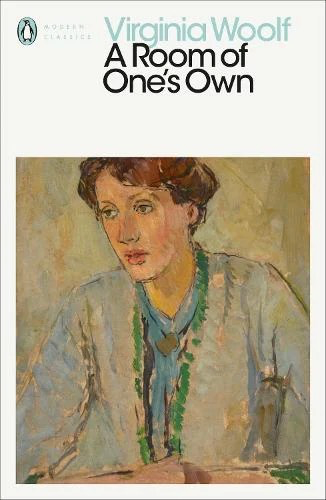
“England is under the rule of a patriarchy”, writes Virginia Woolf in her famous seminal book A Room of One’s Own. Published in 1929, the essay style was based on a series of lectures Woolf delivered at Newnham College and Girton College. Although Woolf is now considered one of the most successful early feminist writers, she was often critical of the term feminist. Yet, in this short essay, she passionately writes about female exclusion- from independence, income, and education. Woolf’s main argument is the importance of material wealth for intellectual wealth.
Girl, Woman, Other by Bernardine Evaristo
Girl, Woman, Other is an evoking chorus of Black British voices and a winner of the 2019 Booker Prize. Capturing the experiences of 12 mostly, Black British women across different decades, this collection of short stories intersects to reveal experiences from different social classes, sexualities, and ages. Girl, Woman, Other is about womanhood, becoming an adult in contemporary society, and a moving exploration of the black female experience in Britain.
Women, Race & Class by Angela Davis.
Angela Davis has always been a great pioneer and contributor to evoking feminist literature. In this classic, she explores how racism and classicism intertwined in the struggle for women’s suffrage in the United States dissecting American history from slavery until the 1900s. In her prose, Angela Davis breaks down how misogyny, racism, and classism have shaped society and, over the course of thirteen evocative chapters, she delves into the experiences of Black women, immigrant women, and working-class women, shedding light on how feminism tailored to white-middle class women, failed to consider their unique challenges. Women, Race and Class is a groundbreaking analysis of conventional narratives of feminism, and a builds a hopeful, revolutionary argument for the marginalized.
White Tears Brown Scars: How White Feminism Betrays Women of Colour by Ruby Hamad
This was perhaps my favorite. Ruby Hamad depicts how feminism has been used to uphold both white supremacy and the patriarchy for decades at the cost of Black, Brown, Indigenous, and colonised women everywhere. Hamad explores the intriciate ‘false binary,’ between white women and other women, in which femininity and womenhood is defined by proximity to whiteness. Combining historical context, media analysis, and harrowing personal experiences, Hamad shows how the tears of white women can appear harmless but have caused irrevocable damage.“When white women cry,” Hamad writes, “it also makes them able to leave the conversation and choose not to listen, whereas women of colour do not have the ability to choose to leave.”
Hood Feminism by Mikki Kendall
Another key to understanding intersectionality — Hood Feminism is a compelling collection of essays that explores contemporary intersectional feminism. Kendall succinctly explains how mainstream media often neglects the differing experiences of race, class, and sexuality, and how it further impacts social issues like gun violence, hunger, housing, and mental health. Using both emotional anecdotes and concise analysis of theory, Kendall draws connections to women of color — who are almost always disproportionately affected by social inequities and injustices in a movement that often forgets them.
Ain’t I A Woman by Bell Hooks
Written in 1981, whilst still an undergraduate, Hooks’s famous Ain’t I A Woman was the first text to address intersectionality and examine the impact of sexism on Black women during slavery. A figurehead for intersectionality and a prolific writer, her study follows Black women from the 17th century, after emancipation, and through to the present day. Though it may be dated, this book is still ever so relevant.
Check Out:
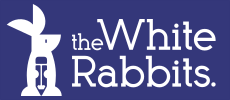
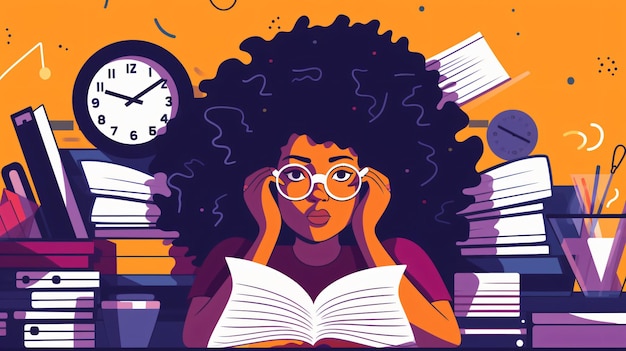
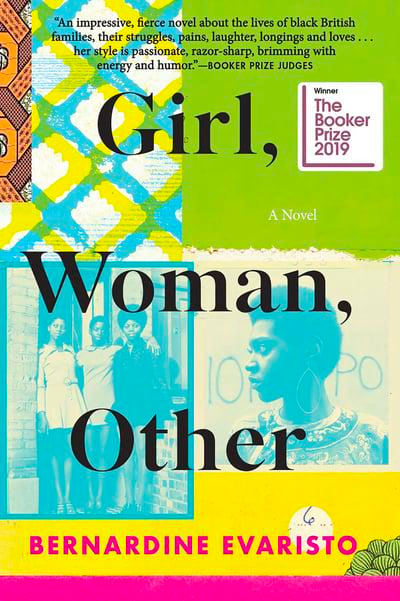
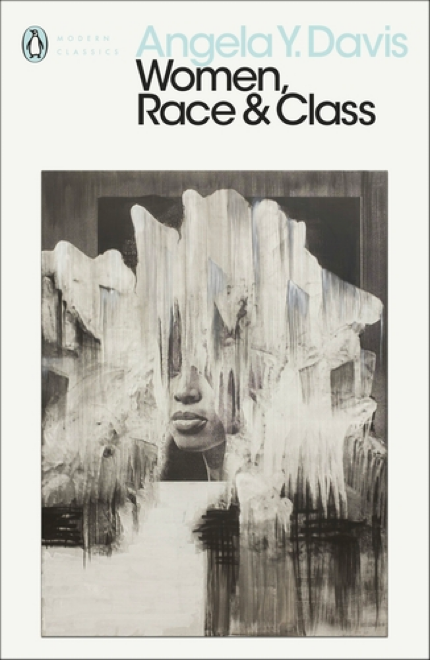

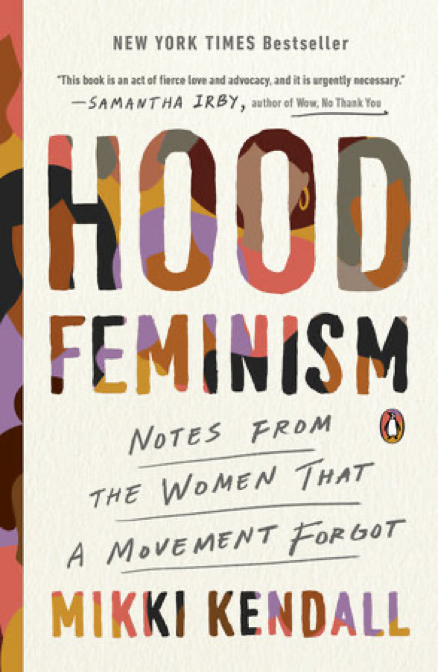
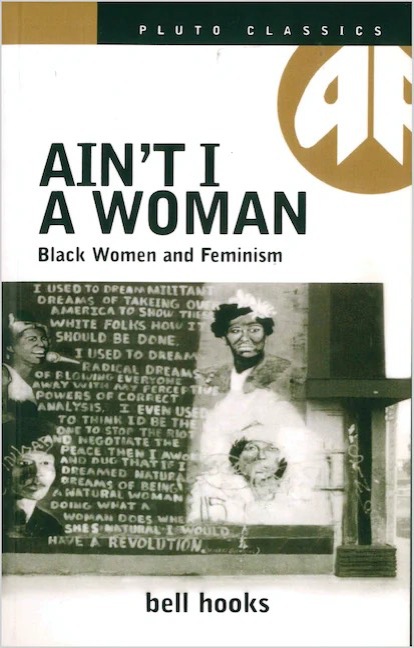
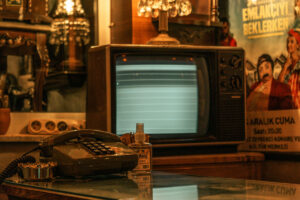
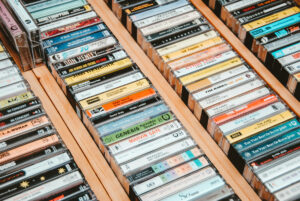
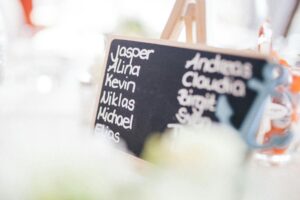

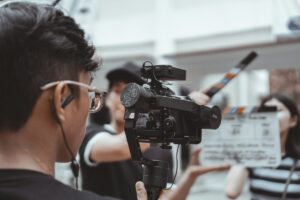
Be First to Comment